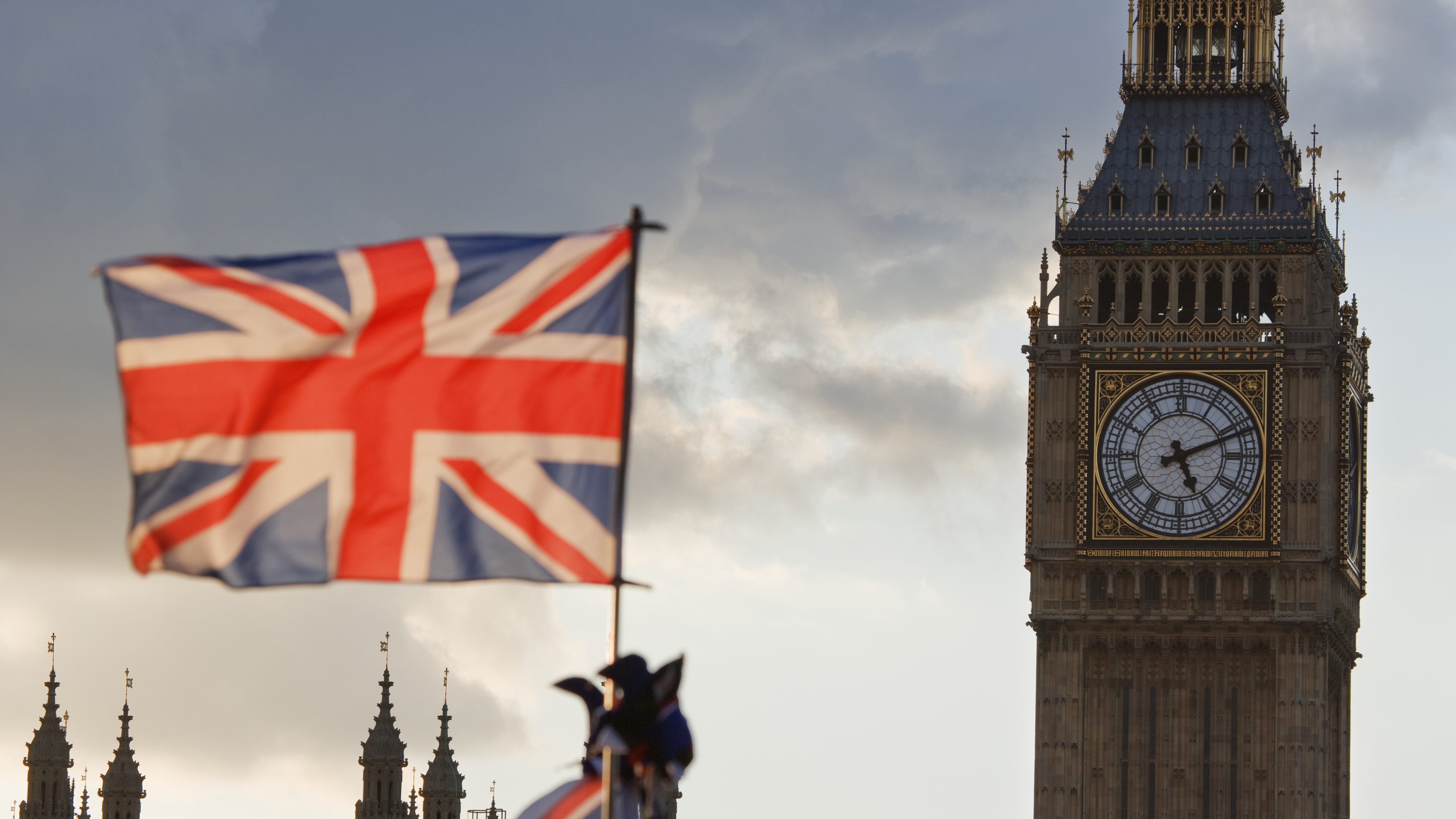
In a move reminiscent of speculative fiction, the House of Lords in the UK has responded to a controversial AI bill, which proposed allowing companies to train AI using copyrighted materials without explicit consent. Reports suggest that the new amendment, spearheaded by crossbench peer Beeban Kidron, mandates that companies must now disclose the copyrighted materials utilized in their AI systems. This adjustment emerged from significant pushback from the artistic community, including notable figures such as Paul McCartney, Dua Lipa, and Jeanette Winterson.
The original proposal, which faced criticism for being overly cumbersome and potentially harmful to artists, aimed to facilitate AI development at the expense of creators’ rights. Critics argue that such measures could undermine the creative sector, which is valued at approximately £120bn in the UK.
Lady Kidron emphasized that opposing the government initiative does not equate to rejecting technology; rather, it’s a call to ensure fair compensation and respect for intellectual property. This amendment, passed with a vote of 272 to 125, obligates firms to be transparent about their training practices, offering a necessary level of protection to creators.
This legislation reflects a broader global movement to regulate AI technologies and the ethical implications surrounding their development and use.
